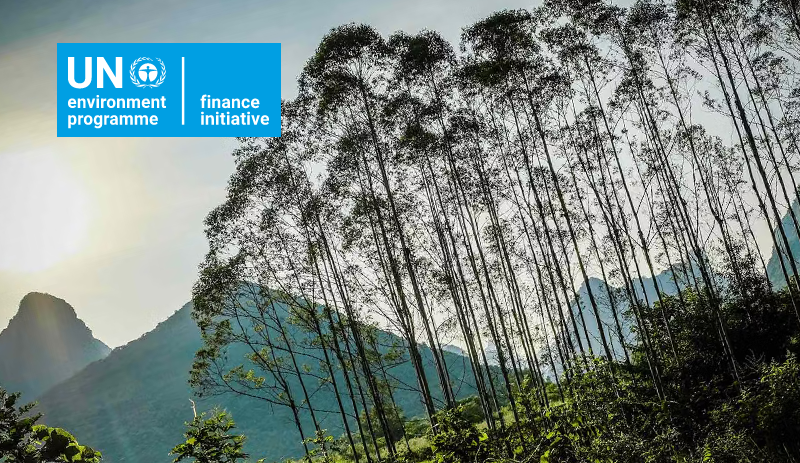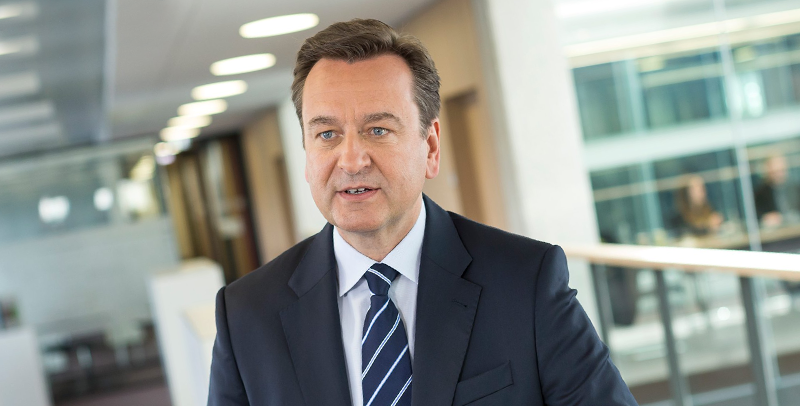
Reinsurer Munich Re has discontinued its membership in the Net-Zero Insurance Alliance (NZIA), according to Munich Re.
The UN-convened Net-Zero Insurance Alliance is a group of 29 leading insurers and reinsurers representing approximately 15% of world premium volume globally.
NZIA members have committed to transition their insurance and reinsurance underwriting portfolios to net-zero greenhouse gas (GHG) emissions by 2050, consistent with a maximum temperature rise of 1.5°C above pre-industrial levels by 2100, in order to contribute to the implementation of the Paris Agreement on Climate Change.
As risk managers, insurers and investors, the insurance industry has an important role in the transition to a net-zero global economy. The NZIA is a member-led group that supports its members as they work towards decarbonising their underwriting portfolios by individually setting science-based intermediate targets and reporting on their progress annually. The Alliance will also advocate for and engage in governmental policies for a science-based and socially just transition of economic sectors to net-zero.

In our view, the opportunities to pursue decarbonisation goals in a collective approach among insurers worldwide without exposing ourselves to material antitrust risks are so limited that it is more effective to pursue our climate ambition to reduce global warming individuall
Joachim Wenning, CEO of Munich Re
Munich Re is sticking to its ambitious climate targets:
- In a first step, GHG emissions related to the investment portfolio will be reduced by 29% by the end of 2025, and thereafter successively brought down to net zero by 2050.
- As for the exploration and production of oil and natural gas (primary insurance, direct and facultative reinsurance), Munich Re will be reducing its climate-related industry exposure in such a way that there will be no associated net GHG emissions by 2050. In a first step, we aim to reduce emissions by 5% by 2025. As of April 2023, Munich Re will not insure projects involving new oil and gas fields or new midstream oil infrastructure. At the same time, Munich Re will reduce thermal-coal-related exposure in its direct and facultative insurance business by 35% Group-wide by 2025, before eliminating this exposure altogether by 2040. Since 2018, we have stopped insuring new coal-fired plants, coal mines and since 2019 oil sand mines.
- Regarding the emissions from its own operations, Munich Re has been carbon-neutral since 2015 and previously reduced CO2 emissions per employee by 44% from 2009 to 2019. Current GHG emissions are to be reduced by a further 12% per employee by 2025. By 2030, Munich Re expects to achieve net-zero GHG emissions in its operations.
Our climate commitment is unwavering. We follow scientific recommendations. To date we are decarbonizing even faster than what is required to reach net zero by 2050
Joachim Wenning, CEO of Munich Re
Munich Re is one of the world’s leading providers of reinsurance, primary insurance and insurance-related risk solutions. The Group consists of the reinsurance and ERGO business segments, as well as the asset manager MEAG.
Munich Re is globally active and operates in all lines of the insurance business. Since it was founded in 1880, Munich Re has been known for its unrivalled risk-related expertise and its sound financial position.
The Group is playing a key role in driving forward the digital transformation of the insurance industry, and in doing so has further expanded its ability to assess risks and the range of services that it offers. Its tailor-made solutions and close proximity to its customers make Munich Re one of the world’s most sought-after risk partners for businesses, institutions, and private individuals.





